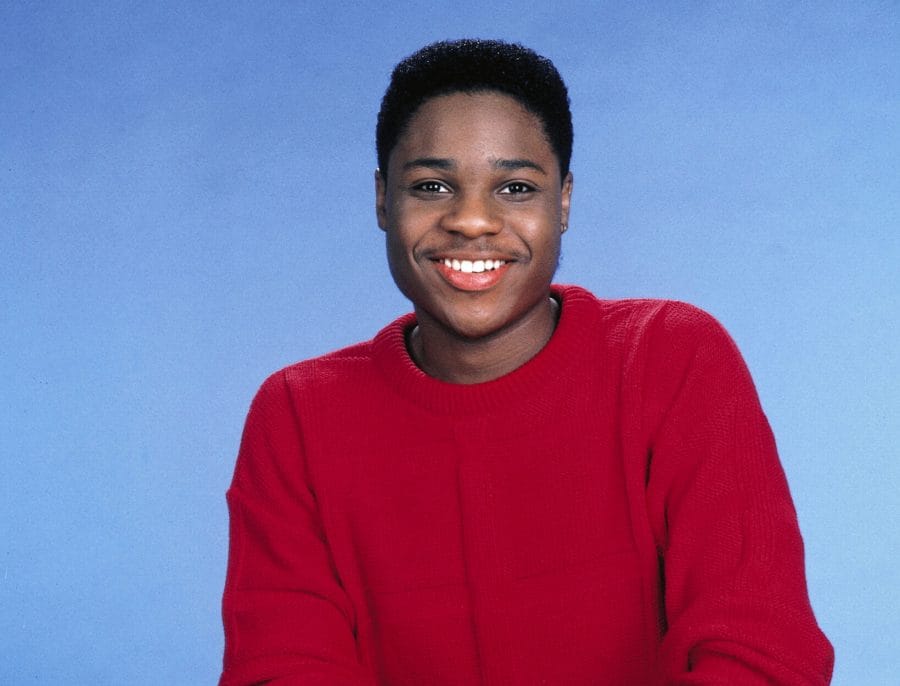To truly comprehend how essential a big brother Theodore Huxtable was to Black Gen X boys, we must remember what prime time offered before the arrival of Bill Cosby's only son from the heralded sitcom, The Cosby Show. On Different Strokes, orphan Harlemites Willis and Arnold Jackson were adopted by caucasian tycoon Phillip Drummond. In Chicago, Webster, another infectious orphan got adopted by Mr. and Mrs. Papadopolous. Remember where we first saw Alfonso Ribeiro? Fresh Prince of Bel-Air? Nope. MJ’s 1984 Pepsi Commercial? Close. In Silver Spoons, Robeiro played Alfonso Spears (young Jason Bateman’s replacement FYI), the token best friend to trust fund baby Ricky Stratton. Basically, between JJ Evans and Theo’s September 20, 1984 arrival, every young Black character on TV lacked value without a white savior.
Theo’s worth needed only his black parents and black culture. That is paramount reflection for a boy consuming media inside an era dismissive of hip-hop (MTV didn’t even play black artists). Despite Theo not residing on the side of Brooklyn where the purveyors of cool — MCs and drug dealers — reigned, he became a new generation’s lone representative on prime time TV. His tracksuits were as crisp as his high-top fade. That B-Boy dedication won him a Stevie Wonder sample and best dancer in every Cosby Show opener. He was as comfortable executing the “Running Man” as he was imitating James Brown’s swivel or vibing on the couch to De La Soul’s “Buddy.”
“...between JJ Evans and Theo’s arrival, basically, every young black character on television was valueless without a white savior.”
What the youth of the 80s needed to see was a black teen living without fear of their neighbor or skin. The hip-hop aesthetics were simply double chocolate chip Trojan horses carrying vitamins to crack-era raised kids unaware of how sick their conditions truly were. The cultural treats incentivized young viewers to pay closer attention to Theo’s super power: His character. From crushes on his big sister’s friends (see Robin Givens) to his longtime girlfriend Justine, he was a gentleman long before manhood. Remember when Cliff and Claire found a marijuana joint in his geography book? Theo said it wasn’t his and mom and dad immediately believed him. Beautiful, yes, but that wasn’t enough. His parent’s opinion of him held such high stock that he risked fisticuffs with the classmate who stashed the splif in his book (his name was Tony Braxton!). That is unless said classmate visited the Huxtable home and confessed. Gangsta.
What the youth of the 80s needed to see was a young black man allowed to grow into his best version. The pilot episode saw Theo in hot water with his parents after bringing home a poor report card. His father accused him of not applying himself. The teen wore a rep for unserious studying throughout high school until college, where he was diagnosed with dyslexia. Never deterred, the final Cosby Show ep saw Theodore preparing to graduate from New York University. This character arc for a Black boy is unmatched. Both his legacy and absence could be seen in his predecessors; he paved road for Dwayne Wayne and Fresh Prince before they became Michael Lee and Franklin Saint. His existence alone donned big brother and savior to a generation of good kids in mad cities.
